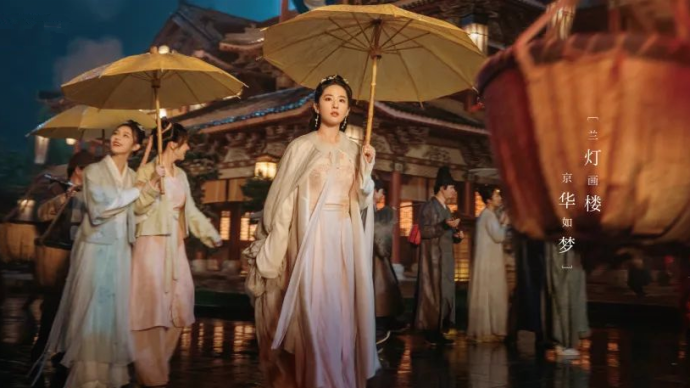
The large-scale costume drama "Menghualu" has recently hit the air, with a score of 8.3 on Douban.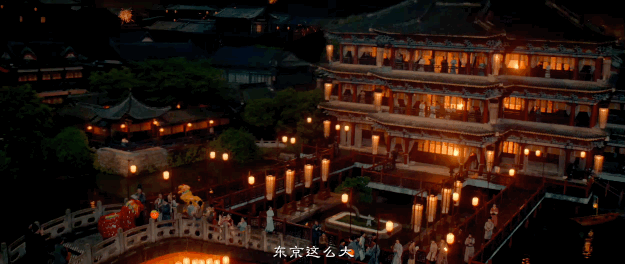
The background of this drama is set in the Northern Song Dynasty, and the incident happened in Bianliang, Tokyo, in the Northern Song Dynasty. The title of "Menghualu" comes from the book "Tokyo Menghualu" written by Meng Yuanlao in Song Dynasty.
"Tokyo Dream Hualu" is the most complete and meticulous book that records the geographical features and prosperous scenes of Bianliang, Tokyo in the Northern Song Dynasty.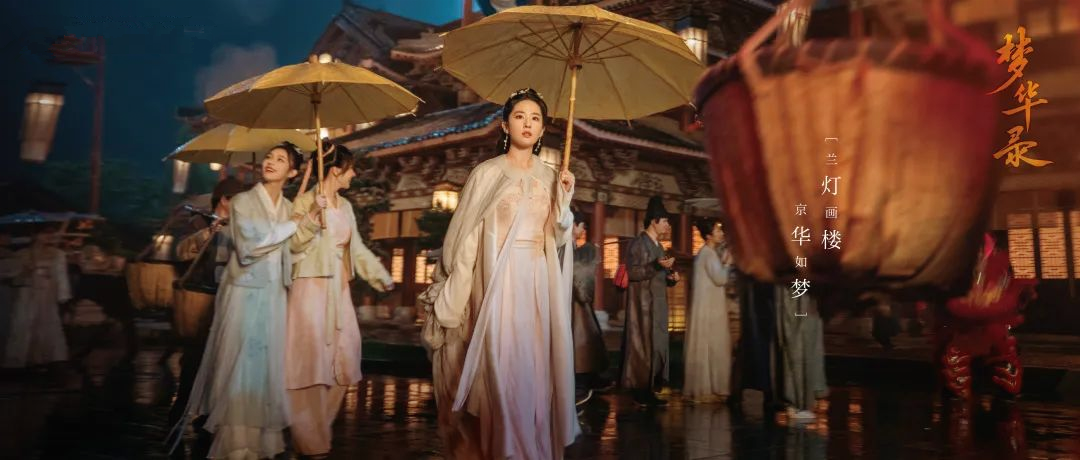
British historian Toynbee once said: "If I had a choice, I would live in the Song Dynasty in China". In the eyes of historians, the Song Dynasty was a prosperous and desirable dynasty.
On the other side of the government's "poverty and weakness", the Song Dynasty was an unprecedented social, economic and cultural prosperity. As the only dynasty without a curfew, the Song Dynasty also gave birth to prosperous morning and night markets. The surging Bianliang City can be said to be not inferior to the modern city at all.
For the prosperity of Bianliang in Tokyo, many people will immediately think of "Across the River During Qingming Festival", but the written records of "Tokyo Dream Hualu" are not inferior at all, even richer than that painting.
In "Tokyo Dream Hualu", there are detailed descriptions of the geographical features of Bianliang City in the late Northern Song Dynasty, such as the city, the river, the palace, the divisions, the style of the market, the seasonal goods, the streets and shops, and folk customs. A local encyclopedia at the time.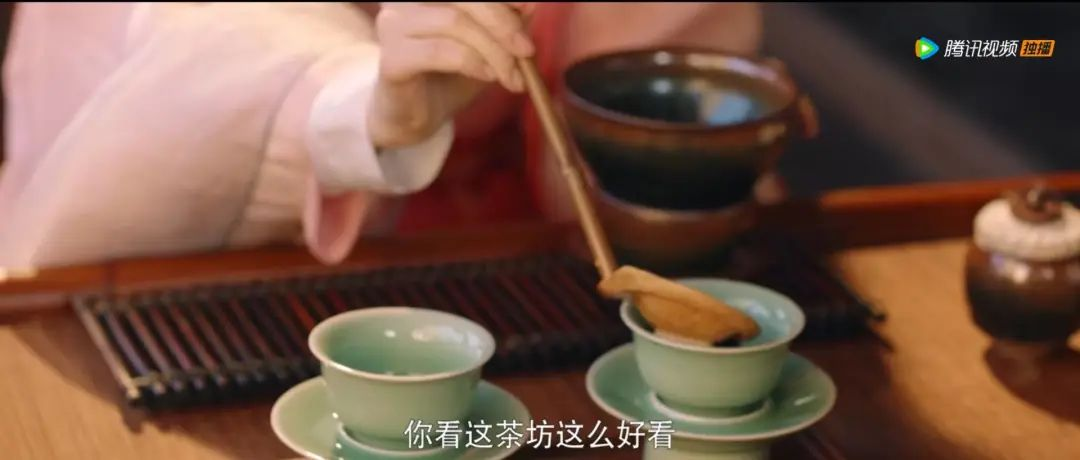
Today, let's follow Mr. Shang Wei, the author of "Ancient Texts for Children" and a professor of East Asian Department of Columbia University, to understand the precious historical text "Tokyo Menghualu", and try a chapter of it:
Preface to "Tokyo Dreams"
Meng Yuanlao
(Excerpted from "Ancient Texts for Children", due to space limitations, the notes in the book are omitted here)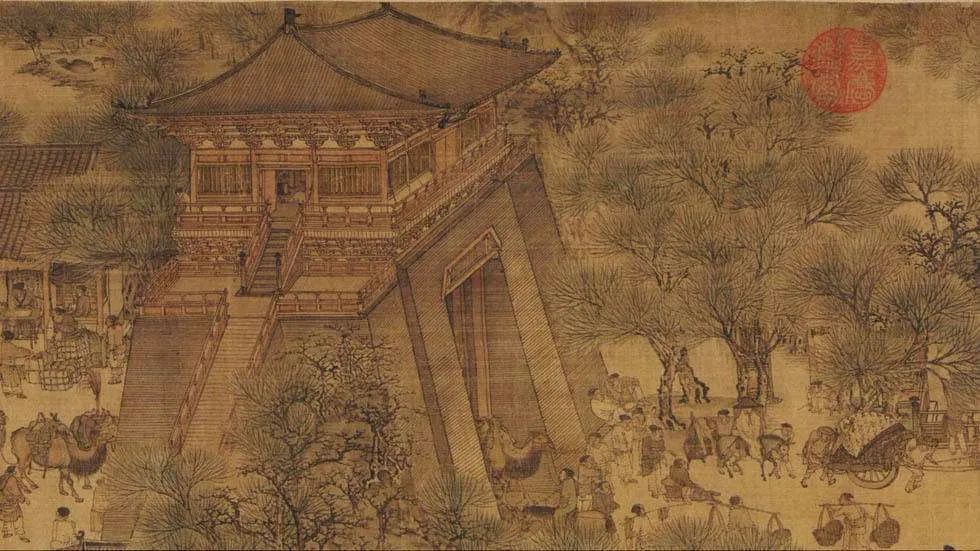
The servants and ancestors traveled north and south, and before Chongning Gui arrived in the capital, he lived in the south of the west road of Jinliang Bridge in the west of the state. Gradually stand up, just under the chariot. The peace is long, and the characters are numerous. A boy with a stubby beard, but he is inspired by encouragement, and an old man of Banbai does not know how to fight. The seasons are different, each with its own viewing pleasure. On the night of the lantern and the moon, when the snow is blooming, begging for a skill to climb high and teach the pool garden. When you look up, you will see a brothel painted pavilion, embroidered bead curtains, carved cars competing in Tianjie, BMW racing on the imperial road, gold and green dazzling, Luo Qi fragrant. The new voice smiled in Liu Mo Huaqu, and tuned the strings in the teahouse. The eight wastes are competing for each other, and all countries are connected with each other. The treasures of the four seas are collected in the market, and the peculiar smell of Huihuan district is all in the kitchen. The road is full of flowers, and there is no limit to the spring outing, the flute and drums are empty, and there are several night banquets. Tricks are astonishing, while extravagance increases spirit. Zhantian watch is Yuanxi Jiaochi, and he worships Mengxiang in the suburbs. Watching the princess fall, the prince accepts the concubine. If you build it, you will create a bright hall, and if you smelt it, you will establish a cauldron. If you look at the prostitutes' membership, the Cao Ya of the government will leave, and the feast will be returned in the introspection; if you look at the changes, the sons will be called and the warriors will change their sash. The servant has been rewarded and traveled repeatedly for decades, and he is not tired of it.
Once the war is fired, the next year of Jingkang Bingwu will come to the south of Beijing, avoid the left of the river, and the mood will be down, and gradually enter the mulberry elm. Thinking back to that time, the materialistic romance, the human affection and the beauty, but it turned into a sense of hatred. When I recently met with relatives, I talked about the past, and the future life is often wrong. It is a pity that the servants are afraid of soaking for a long time. Keep in mind that it is compiled into a collection, and a few open volumes can see the prosperity at that time. In the ancients, there were those who dreamed of wandering in the country of Huaxu, and the joy was endless. The servant remembers it now and looks back with a sense of disappointment. Isn't it Hua Xu's dream? It is called "Menghua Lu".
However, with the vastness of the capital, and the place where the scriptures have never been used, it is not without exception. If the township party is deceived, it will be very unfortunate to make up for Zhou Bei. The language of this record is sloppy, and those who do not use literary decorations want to know about it from top to bottom. The viewer is fortunate to be detailed.
Shaoxing Dingmao year old except the sun, the preface of Youlan layman Meng Yuan.

Meng Yuanlao, whose life is unknown, once lived in Tokyo for a long time (Bianliang, the capital of the Northern Song Dynasty, now Kaifeng). Jin destroyed the Northern Song Dynasty, Meng Yuanlao went south, Chang recalled the prosperity of the old capital, and wrote "Tokyo Dream Hualu".
If someone asks, what was the city like in the past? The first thing that comes to our mind is Bianliang, the capital of the Northern Song Dynasty. Its appearance marked the beginning of the commercial city, and its appearance was preserved in Chinese cities until the first half of the twentieth century.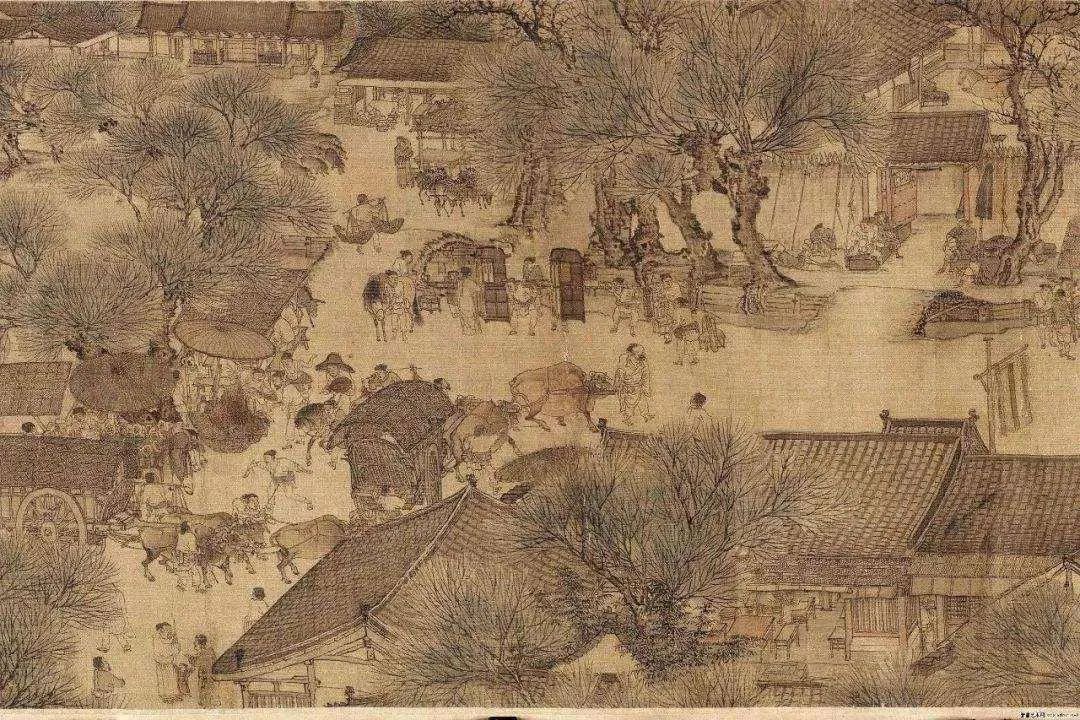
So how to understand Kaifeng in the Northern Song Dynasty? Everyone will naturally think of the famous "Across the River during Qingming Festival". But don't forget that the written records of "Tokyo Dream Hualu" are not inferior at all, even richer than that painting.
This book traces all aspects of Kaifeng, the capital city of the Northern Song Dynasty, from the overall layout of the capital to the architecture of the imperial palace, from the offices of the official offices to the neighborhood markets in the city, from food and daily life to the seasons, covering almost everything. Although the ceremony of the palace is also written in the book, the whole narrative exudes a strong market atmosphere.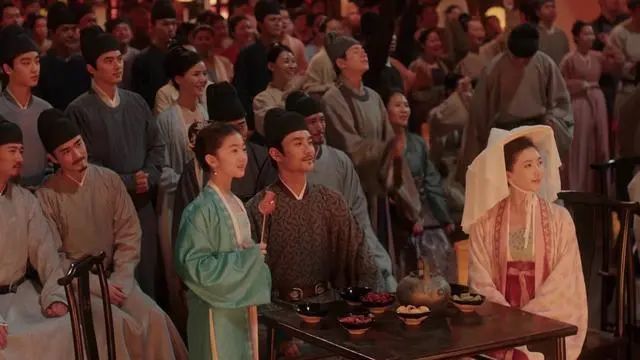
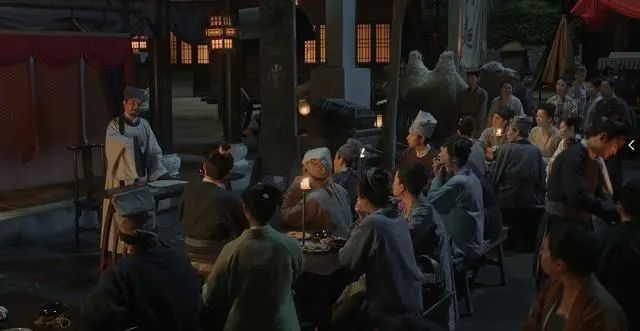
It depicts juggling rap, grocery stores and teahouses, as well as the hustle and bustle of vendors of all kinds pouring into the market every day at dawn, all vividly present.
In addition, the book also records some local dialects and jargon, including the shouts of shopkeepers, restaurant menus and à la carte dining rules. All this vividly shows the flexibility and stylistic diversity of ancient Chinese expression.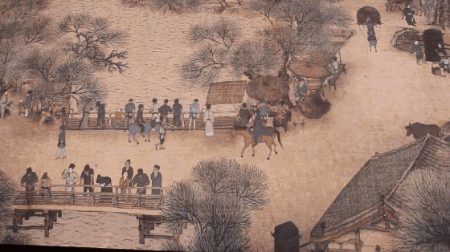
"Tokyo Menghualu" created a new genre. Since then, various records about Hangzhou, the capital of the Southern Song Dynasty, have been published one after another, basically following its style and style.
This article (the selected text of "Ancient Writings for Children") is the author's self-preface to "Tokyo Dream Hualu". It first recalls the prosperity and excitement of Bianjing, and then changes the style of writing. Taking Jingkang's difficulties as the boundary, it draws out two completely different front and back. time and mood. The first half is rich and beautiful, full of sound and color, and the second half is like waking up from a big dream, feeling lost. Memories of Kaifeng in the Northern Song Dynasty breeds the author's endless nostalgia.
Speaking of nostalgia, we can't help but think of the scholar-officials' yearning to return to their pastoral villas, but don't city dwellers have nostalgia? of course not. The nostalgia of the people in the city is connected with the prosperity of an era, the festive lanterns and the loud flute and drums.
There is also the tea house on the corner, the crowd in the night market and the various snacks that you can't forget wherever you go.
Elder Meng, who was in the south, was completely uninterested in the beauty in front of him. In his mind, Bianliang became the hometown that he could not go back to.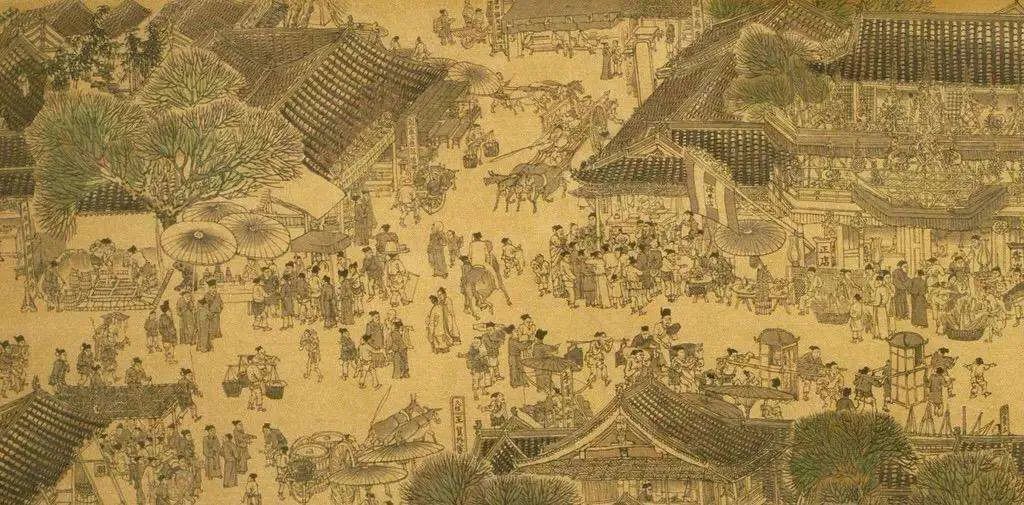

The background of this drama is set in the Northern Song Dynasty, and the incident happened in Bianliang, Tokyo, in the Northern Song Dynasty. The title of "Menghualu" comes from the book "Tokyo Menghualu" written by Meng Yuanlao in Song Dynasty.
"Tokyo Dream Hualu" is the most complete and meticulous book that records the geographical features and prosperous scenes of Bianliang, Tokyo in the Northern Song Dynasty.

British historian Toynbee once said: "If I had a choice, I would live in the Song Dynasty in China". In the eyes of historians, the Song Dynasty was a prosperous and desirable dynasty.
On the other side of the government's "poverty and weakness", the Song Dynasty was an unprecedented social, economic and cultural prosperity. As the only dynasty without a curfew, the Song Dynasty also gave birth to prosperous morning and night markets. The surging Bianliang City can be said to be not inferior to the modern city at all.
For the prosperity of Bianliang in Tokyo, many people will immediately think of "Across the River During Qingming Festival", but the written records of "Tokyo Dream Hualu" are not inferior at all, even richer than that painting.
In "Tokyo Dream Hualu", there are detailed descriptions of the geographical features of Bianliang City in the late Northern Song Dynasty, such as the city, the river, the palace, the divisions, the style of the market, the seasonal goods, the streets and shops, and folk customs. A local encyclopedia at the time.

Today, let's follow Mr. Shang Wei, the author of "Ancient Texts for Children" and a professor of East Asian Department of Columbia University, to understand the precious historical text "Tokyo Menghualu", and try a chapter of it:
Preface to "Tokyo Dreams"
Meng Yuanlao
(Excerpted from "Ancient Texts for Children", due to space limitations, the notes in the book are omitted here)

The servants and ancestors traveled north and south, and before Chongning Gui arrived in the capital, he lived in the south of the west road of Jinliang Bridge in the west of the state. Gradually stand up, just under the chariot. The peace is long, and the characters are numerous. A boy with a stubby beard, but he is inspired by encouragement, and an old man of Banbai does not know how to fight. The seasons are different, each with its own viewing pleasure. On the night of the lantern and the moon, when the snow is blooming, begging for a skill to climb high and teach the pool garden. When you look up, you will see a brothel painted pavilion, embroidered bead curtains, carved cars competing in Tianjie, BMW racing on the imperial road, gold and green dazzling, Luo Qi fragrant. The new voice smiled in Liu Mo Huaqu, and tuned the strings in the teahouse. The eight wastes are competing for each other, and all countries are connected with each other. The treasures of the four seas are collected in the market, and the peculiar smell of Huihuan district is all in the kitchen. The road is full of flowers, and there is no limit to the spring outing, the flute and drums are empty, and there are several night banquets. Tricks are astonishing, while extravagance increases spirit. Zhantian watch is Yuanxi Jiaochi, and he worships Mengxiang in the suburbs. Watching the princess fall, the prince accepts the concubine. If you build it, you will create a bright hall, and if you smelt it, you will establish a cauldron. If you look at the prostitutes' membership, the Cao Ya of the government will leave, and the feast will be returned in the introspection; if you look at the changes, the sons will be called and the warriors will change their sash. The servant has been rewarded and traveled repeatedly for decades, and he is not tired of it.
Once the war is fired, the next year of Jingkang Bingwu will come to the south of Beijing, avoid the left of the river, and the mood will be down, and gradually enter the mulberry elm. Thinking back to that time, the materialistic romance, the human affection and the beauty, but it turned into a sense of hatred. When I recently met with relatives, I talked about the past, and the future life is often wrong. It is a pity that the servants are afraid of soaking for a long time. Keep in mind that it is compiled into a collection, and a few open volumes can see the prosperity at that time. In the ancients, there were those who dreamed of wandering in the country of Huaxu, and the joy was endless. The servant remembers it now and looks back with a sense of disappointment. Isn't it Hua Xu's dream? It is called "Menghua Lu".
However, with the vastness of the capital, and the place where the scriptures have never been used, it is not without exception. If the township party is deceived, it will be very unfortunate to make up for Zhou Bei. The language of this record is sloppy, and those who do not use literary decorations want to know about it from top to bottom. The viewer is fortunate to be detailed.
Shaoxing Dingmao year old except the sun, the preface of Youlan layman Meng Yuan.

Shang Wei. He is currently a chair professor at Columbia University, and his recent works include Ancient Prose for Children and Inscription Scenic Spots: From Yellow Crane Tower to Phoenix Terrace.
Meng Yuanlao, whose life is unknown, once lived in Tokyo for a long time (Bianliang, the capital of the Northern Song Dynasty, now Kaifeng). Jin destroyed the Northern Song Dynasty, Meng Yuanlao went south, Chang recalled the prosperity of the old capital, and wrote "Tokyo Dream Hualu".
If someone asks, what was the city like in the past? The first thing that comes to our mind is Bianliang, the capital of the Northern Song Dynasty. Its appearance marked the beginning of the commercial city, and its appearance was preserved in Chinese cities until the first half of the twentieth century.

Zhang Zeduan's "Across the River during Qingming Festival" (detail)
So how to understand Kaifeng in the Northern Song Dynasty? Everyone will naturally think of the famous "Across the River during Qingming Festival". But don't forget that the written records of "Tokyo Dream Hualu" are not inferior at all, even richer than that painting.
This book traces all aspects of Kaifeng, the capital city of the Northern Song Dynasty, from the overall layout of the capital to the architecture of the imperial palace, from the offices of the official offices to the neighborhood markets in the city, from food and daily life to the seasons, covering almost everything. Although the ceremony of the palace is also written in the book, the whole narrative exudes a strong market atmosphere.


Stills of the TV series "Qing Ping Le"
It depicts juggling rap, grocery stores and teahouses, as well as the hustle and bustle of vendors of all kinds pouring into the market every day at dawn, all vividly present.
In addition, the book also records some local dialects and jargon, including the shouts of shopkeepers, restaurant menus and à la carte dining rules. All this vividly shows the flexibility and stylistic diversity of ancient Chinese expression.

"Tokyo Menghualu" created a new genre. Since then, various records about Hangzhou, the capital of the Southern Song Dynasty, have been published one after another, basically following its style and style.
This article (the selected text of "Ancient Writings for Children") is the author's self-preface to "Tokyo Dream Hualu". It first recalls the prosperity and excitement of Bianjing, and then changes the style of writing. Taking Jingkang's difficulties as the boundary, it draws out two completely different front and back. time and mood. The first half is rich and beautiful, full of sound and color, and the second half is like waking up from a big dream, feeling lost. Memories of Kaifeng in the Northern Song Dynasty breeds the author's endless nostalgia.
Speaking of nostalgia, we can't help but think of the scholar-officials' yearning to return to their pastoral villas, but don't city dwellers have nostalgia? of course not. The nostalgia of the people in the city is connected with the prosperity of an era, the festive lanterns and the loud flute and drums.
There is also the tea house on the corner, the crowd in the night market and the various snacks that you can't forget wherever you go.
Elder Meng, who was in the south, was completely uninterested in the beauty in front of him. In his mind, Bianliang became the hometown that he could not go back to.

Zhang Zeduan's "Across the River during Qingming Festival" (detail)
Related Posts